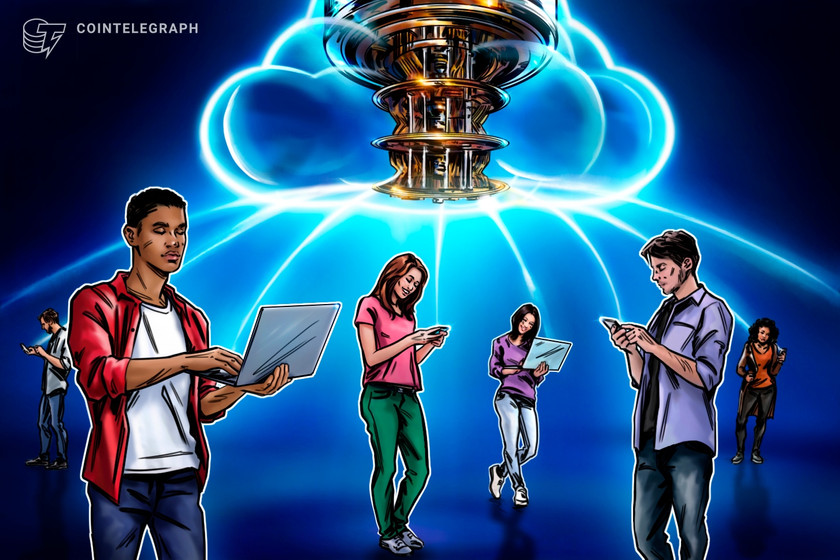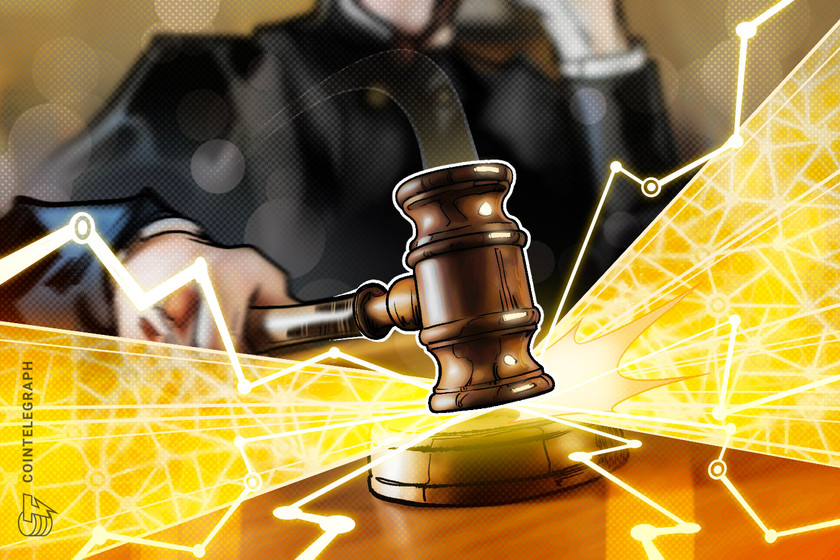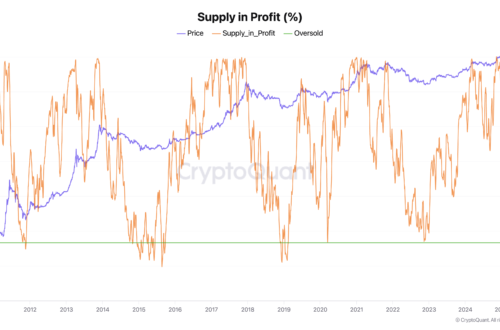
Akin to platform-as-a-service solutions, quantum cloud computing services work by connecting users directly to quantum processors, emulators and simulators.
Physical quantum computers are very complex, making cloud-based access an ideal setup for those needing to harness the power of quantum computing without purchasing their own machine.
According to IBM, its quantum hardware systems are roughly the size of an average car — mainly comprised of cooling systems to ensure that the superconducting processor remains at the ultra-cold ideal operating temperature.
Quantum hardware systems consist of superfluids that work to super-cool the system; superconductors, which form a Josephson junction to carry charges through quantum tunneling; and qubits facilitating behavior control and information relay.
Qubits can perform an important function called superposition, which allows them to place the quantum information they hold in a state of superposition or a combination of all the possible configurations of the qubits. This phenomenon allows for the creation of multidimensional computational spaces, facilitating the solution of complex problems.
Another thing that bears understanding when talking about quantum computing is the concept of entanglement — a quantum mechanical effect. Entanglement refers to correlations between the behavior of two separate things. In the context of quantum entanglement, as qubits become entangled, they cause changes to other qubits, allowing the system to find solutions faster than conventional computers.
Contrary to the widespread but mistaken belief that quantum computing can solve complex problems by trying every possible configuration to a problem in parallel, quantum computers leverage qubit entanglement to explore probabilities. Then, they carry out an algorithm to increase the chances of coming up with the best possible answer.




